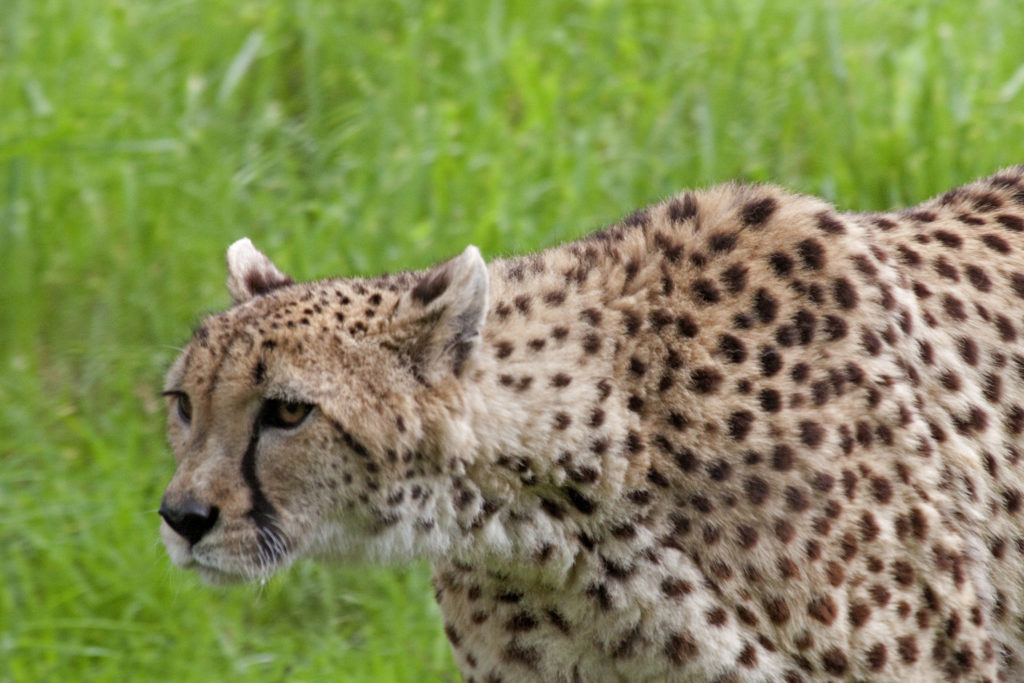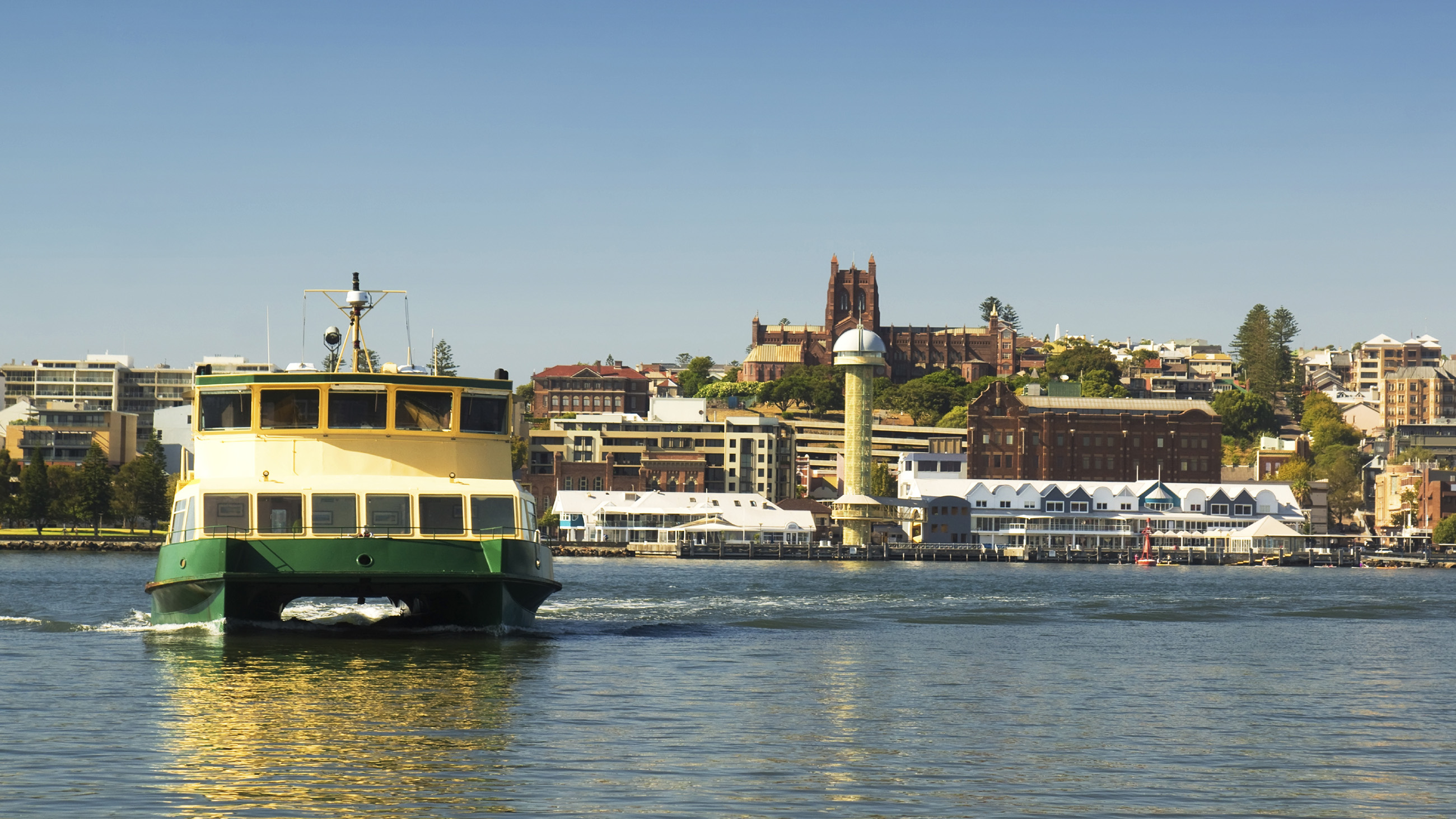Abstracts: Cats, Climate Conflict, and More
• Habitat destruction, loss of prey, and hunting have put leopards at greater risk than biologists previously thought. (New York Times)
• Dozens of people have been arrested in series of climate protests by land and sea in Newcastle, Australia, home to one of the largest coal export ports in the world. (The Guardian)

A new study reveals that leopard populations are at greater risk than was previously thought Visual by Kevin Schofield/Flickr
• Global warming is opening up new routes for ships through the Arctic, but the sea floor has not yet been mapped, making navigation dangerous. (Hakai Magazine)
• A new study finds that women in states with high rates of gun ownership are more likely to get killed by someone they know. (PsyPost)
• Treating cats with antidepressants makes sense given that they seem to experience their own form of anxiety. Besides, most drugs were tested on animals first. (Nautilus)
• In the American Journal of Public Health, 2,000 physicians claim that the Affordable Care Act did not go far enough; a single-payer system, they argue, is necessary to make healthcare truly accessible. (The Guardian)
• Protecting saltwater crocodiles has become a priority in Northern Territory, Australia, but these efforts are not without complications. (Hakai Magazine)
• Humanity played a role in starting the Alberta wildfires, which have now claimed the town of Fort McMurray, Canada. (The New Yorker)
• 175 coastal ecotourism operators along the Great Barrier Reef have called for Australian Prime Minister Malcolm Turnbull to invest in renewables to stop their businesses from facing further devastation from coral bleaching. (Brisbane Times)
• And finally: A rare astronomical event is occurring on Monday, May 9: Mercury’s silhouette will be visible as it passes in front of the sun. (NPR)










